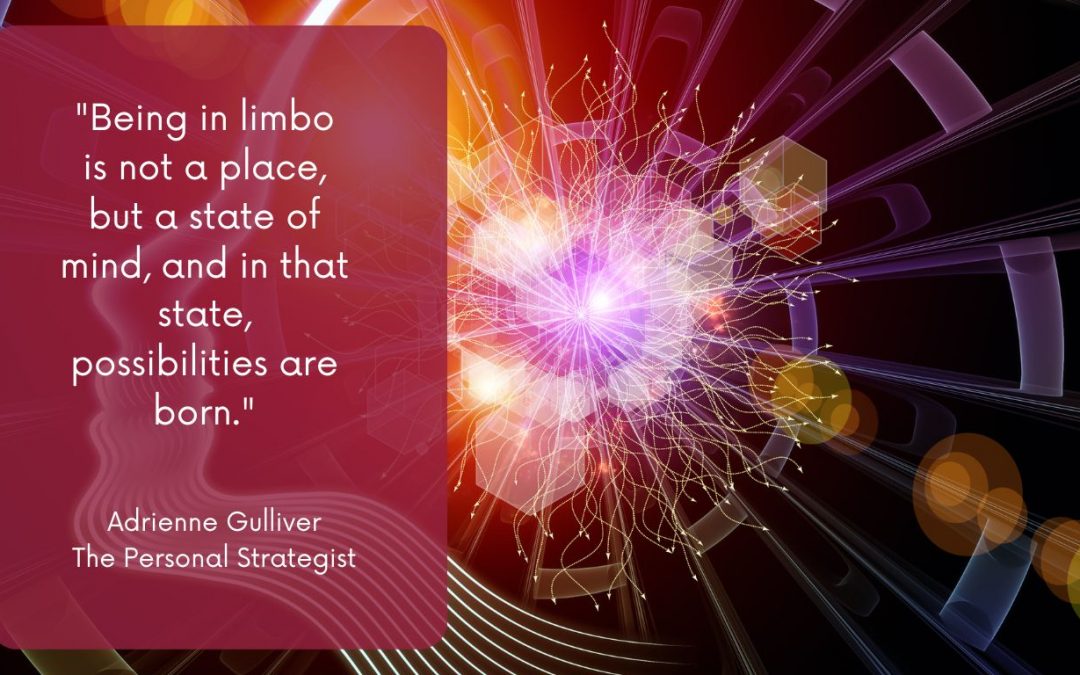
The concept of limbo in psychology is often associated with uncertainty and indecision. It is a stage where individuals are confused and feel pressure to make a move or a decision. However, instead of viewing limbo as a negative state, it can be seen as a transitional phase – a stage on the journey where the pressure to keep moving is released. It is a time when the need to “do something” subsides. It can be viewed as a pause before the next chapter in one’s life.
From a psychological perspective, navigating through limbo can be challenging. The temptation to rush into making a decision or taking action may arise, but it is crucial to remember that this stage is an essential part of the journey. It provides an opportunity to gather information, explore options, and make thoughtful well-informed decisions.
During this stage, individuals can ask themselves the important question: “What’s next?” But without the sense of desperation or urgency that often comes with decision-making. It is a time to gather one’s thoughts and feelings and to gain a deeper understanding of oneself and one’s goals.
It is essential to remember that limbo is not a destination but a stage. And like all stages, it will pass. Use this time to reflect, explore, and gain a deeper understanding of what one truly wants. And when ready, take that next step with confidence and clarity.
“Being in limbo is like standing at the crossroads of life; it allows you the opportunity to reflect, reassess and make a conscious choice about which path to take, rather than being led down a path without intention.” – Oprah Winfrey.



Recent Comments